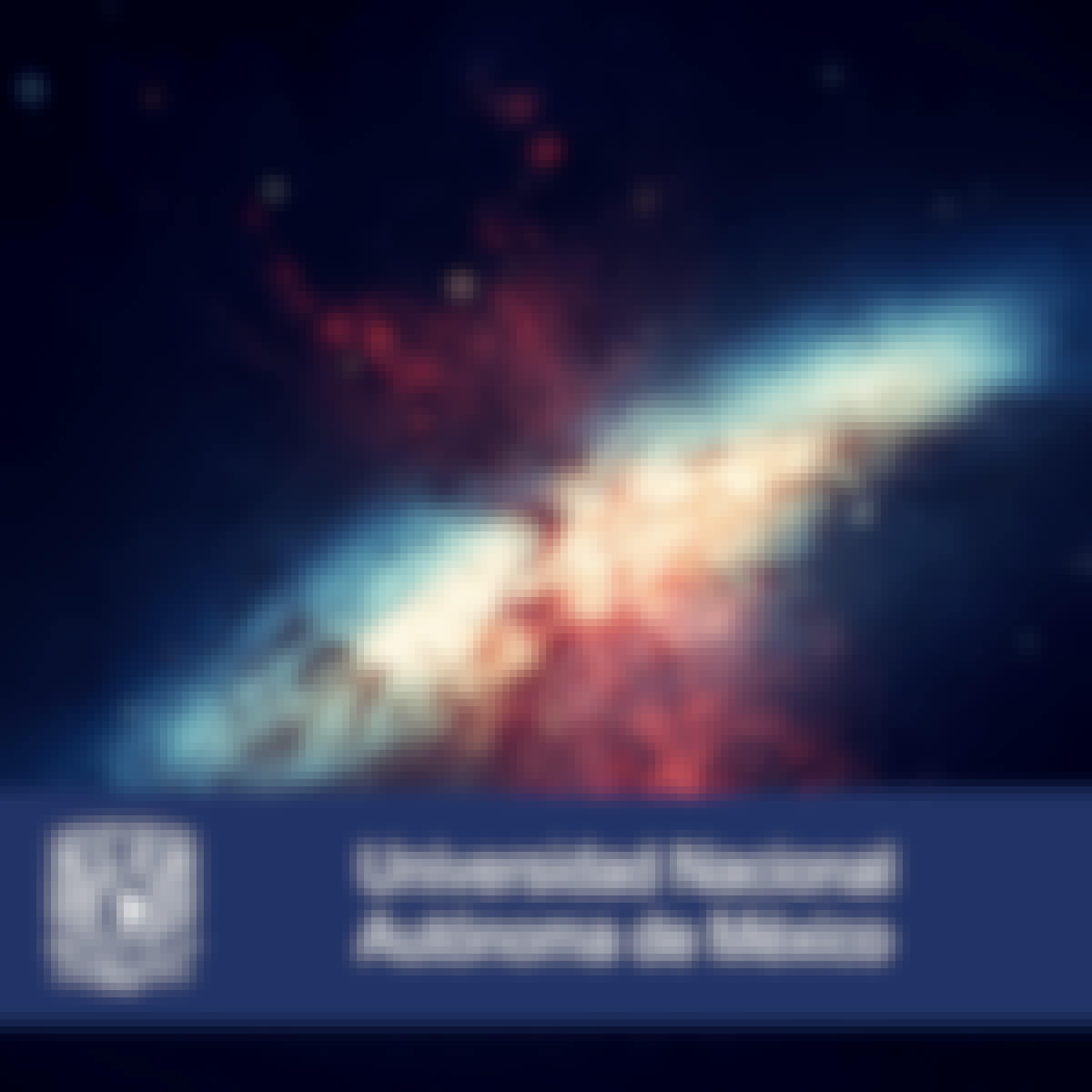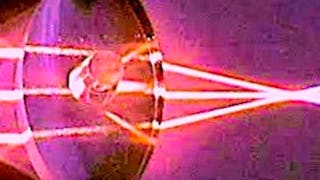Filter by
SubjectRequired
LanguageRequired
The language used throughout the course, in both instruction and assessments.
Learning ProductRequired
LevelRequired
DurationRequired
SkillsRequired
SubtitlesRequired
EducatorRequired
Explore the Satellite Course Catalog
 Status: New
Status: NewUniversidad Nacional Autónoma de México
Skills you'll gain: Physical Science, Physics, General Science and Research, Biology, Systems Of Measurement, Engineering, Scientific, and Technical Instruments, Geospatial Information and Technology, World History, Chemistry

Rutgers the State University of New Jersey
Skills you'll gain: Data Analysis Software, Spatial Data Analysis, Image Analysis, Scientific Visualization, Spatial Analysis, Science and Research, Physics, Physical Science, Probability & Statistics, Scientific Methods, Energy and Utilities

Politecnico di Milano
Skills you'll gain: Ancient History, Art History, Architectural Design, Civil and Architectural Engineering, Social Studies, Architecture and Construction, World History, Anthropology, Physical Science, Culture, Cultural Diversity, General Science and Research, Scientific Methods
 Status: Free Trial
Status: Free TrialUniversity of Colorado Boulder
Skills you'll gain: Engineering, Scientific, and Technical Instruments, Equipment Design, Engineering Calculations, Electrical Engineering, Computer-Aided Design, Engineering Design Process, Engineering Analysis, Performance Tuning, Simulation and Simulation Software, z/OS, Applied Mathematics, Medical Imaging, Linear Algebra, Physics

University of Rochester
Skills you'll gain: Physics, Physical Science, Life Sciences, Biology, Environment, General Science and Research, Scientific Methods, Systems Of Measurement, Chemistry

Nanjing University
Skills you'll gain: General Science and Research, Research, Science and Research, Research Methodologies, Physical Science, Scientific Methods, Engineering, Scientific, and Technical Instruments, Physics, Chemistry, Mechanics

The Hong Kong University of Science and Technology
Skills you'll gain: Civil Engineering, Structural Analysis, Failure Analysis, Engineering Analysis, Geographic Information Systems, Risk Control, Geospatial Information and Technology, Mechanics, Augmented and Virtual Reality (AR/VR), Experimentation, Laboratory Experience
 Status: Free Trial
Status: Free TrialMichigan State University
Skills you'll gain: Customer Acquisition Management, Business Planning, Entrepreneurship, Business Modeling, Resource Management, Sales Strategy, Plan Execution, New Business Development, Business Strategy, Customer Engagement, Go To Market Strategy, Marketing, Innovation, Fundraising and Crowdsourcing, Budgeting

Duke University
Skills you'll gain: Spatial Analysis, Neurology, Human Learning, Experimentation, Laboratory Research, Physics, Biology, General Science and Research, Magnetic Resonance Imaging
 Status: Free Trial
Status: Free TrialTechnical University of Munich (TUM)
Skills you'll gain: Human Factors, Manufacturing Processes, Production Process, Automation, Leadership, Human Machine Interfaces, Digital Transformation, Maintenance, Repair, and Facility Services, Artificial Intelligence, Simulation and Simulation Software

Skills you'll gain: Image Analysis, Computer Vision, Digital Communications, Computer Graphics, Visualization (Computer Graphics), Medical Imaging, Applied Mathematics, Spatial Analysis, Advanced Mathematics, Linear Algebra, Matlab, Mathematical Modeling, Algorithms, Probability Distribution

Technical University of Munich (TUM)
Skills you'll gain: Commercialization, Transportation Operations, Resource Utilization, Organizational Strategy, Environment and Resource Management, Strategic Partnership, Geospatial Information and Technology, Physical Science, Natural Resource Management, Science and Research, Stress Management, Innovation, Environmental Science, Research, Radiation Protection, Engineering, Scientific, and Technical Instruments
Satellite learners also search
In summary, here are 10 of our most popular satellite courses
- Astronomía básica: Universidad Nacional Autónoma de México
- Analyzing the Universe: Rutgers the State University of New Jersey
- Archaeoastronomy: Politecnico di Milano
- First Order Optical System Design: University of Colorado Boulder
- Confronting The Big Questions: Highlights of Modern Astronomy: University of Rochester
- 走进天文学: Nanjing University
- Slope Engineering: The Hong Kong University of Science and Technology
- Launch Strategy: 5 Steps to Capstone Experience: Michigan State University
- The Brain and Space: Duke University
- Digitalisation in the Aerospace Industry: Technical University of Munich (TUM)










